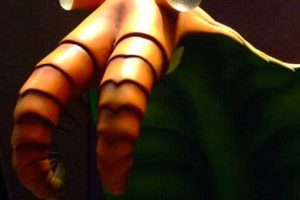university of adelaide
World’s first super predator had remarkable vision
South Australian Museum and University of Adelaide scientists working on fossils from Kangaroo Island, South Australia, have found eyes belonging to a giant 500 million-year-old marine predator that sat at the top of the earth’s first food chain. This…
Heart disorder hits national epidemic proportions
A growing epidemic of the world’s most common heart rhythm disorder is resulting in an alarming number of hospital admissions in Australia, according to cardiology researchers.
A research team led by Professor Prash Sanders, from the University of…
Human lymph disease could tail off thanks to gecko
Many lizards shed their tails, and then regrow them, as a survival mechanism – and now researchers from the University of Adelaide in Australia believe understanding this act could also help them treat a lymphatic condition in humans. The University of Adelaide research team have had their findings summarised in the latest edition of New Scientist. They are examining how a lizard’s lymphatic network responds when it loses its tail, and how this could be applied to the human condition of lymphoedema (the swelling of limbs due to the body’s lymphatic system being impaired). Secondary lymphoedema is a common side effect associated with mastectomies and other similar forms of radical surgery.

